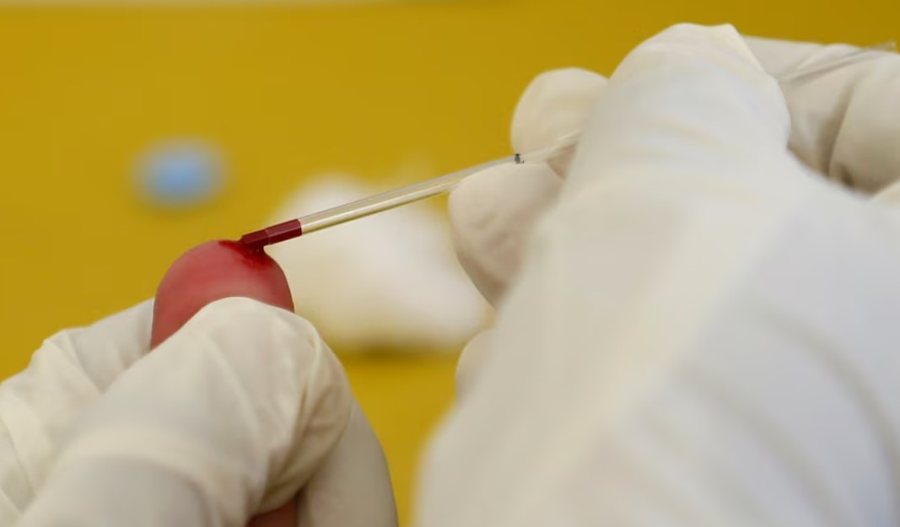
In the first five months of 2025 alone, at least ten new cases of HIV infection were registered in Kosovo - a figure that, according to doctors, confirms the worrying growth trend.
Last year ended with 34 identified cases, compared to 20 in 2023.
The latest figures are from the National Institute of Public Health of Kosovo, where all health institutions - whether public or private - are obliged to report cases.
Infectious disease experts say the number of cases of HIV - the virus that damages the immune system of the affected person and can be transmitted to another through the exchange of bodily fluids - is alarming.
"There is not enough information for young people about how this infection is transmitted. There is probably not even information about where to get tested and where they can get tested," says Murat Mehmeti, head of the sexually transmitted diseases department at the Infectious Diseases Clinic in Pristina.
Speaking to Radio Free Europe, he says that in this clinic, which operates within the University Clinical Center of Kosovo, ten new cases of HIV have been registered so far this year.
"Last year we had 29 new cases [in Infectious Diseases] - a much higher number than in 2023," says Mehmeti, adding that many cases are not even reported and identified, due to prejudice.
This week, when the REL team was at the Infectious Diseases Unit, two infected people were lying there in serious condition.
According to Mehmeti, around 100 infected people are currently receiving services and therapy at this clinic.
Testing and therapy there, as in other public institutions in Kosovo, are provided free of charge.
“I have been living with HIV for more than 20 years”
Imeri, a pensioner from Kosovo who has been living with HIV for more than 20 years, tells Radio Free Europe that the moment he found out he was infected was a huge shock for him.
He doesn't know exactly how he got the virus, but he suspects he may have been infected when he got a tattoo abroad.
"That same day, several people used that needle," says Imeri.
Since then, his life has changed radically - he has faced health, social, and economic problems.
He lives almost alone and often visits the Infectious Diseases Clinic in Pristina for therapy.
He says that, due to difficult economic conditions, "he only gets enough to eat when he's in the hospital."
The National Institute for Public Health (NIPHK) confirmed to Radio Free Europe/Radio Liberty that "there is also the possibility of anonymous and free testing."
Officials at this institute say that numerous campaigns have been conducted to raise awareness about this virus, especially with younger generations in schools.
This is also due to the fact that the age of those affected is mainly 20 years and older.
Edona Dobroshi-Deva, manager of the Global HIV Program in Kosovo, tells Radio Free Europe/Radio Liberty that the increase in the number of cases of this virus may have occurred for two reasons: first, people's awareness of getting tested and, second, the appearance of symptoms of the virus, as the person may have been infected years earlier.
"All the evidence in Kosovo shows that young people start having sex at an early age. So I think education should start as early as possible," Dobroshi-Deva tells Radio Free Europe.
Kosovo's Ministry of Health did not respond to Radio Free Europe's request for comment on this topic.
However, the website of this ministry contains a strategic document and action plan for the control of several diseases, including HIV.
The ministry says it intends to use it as a key instrument for "the effective implementation of policies for the prevention, care and treatment of these infections."
The first case of HIV in Kosovo was reported in 1986. Since then, over 50 people have lost their lives./ REL (A2 Televizion)










